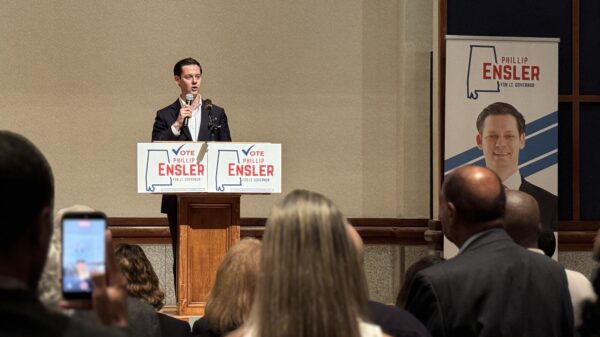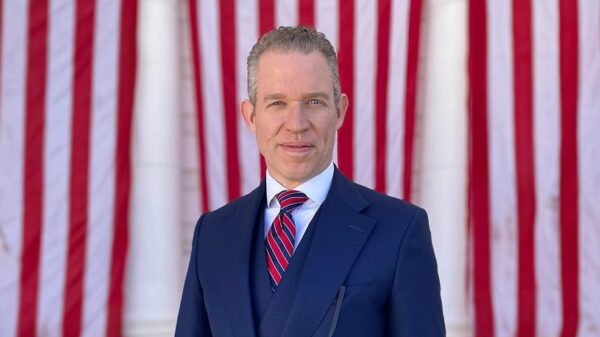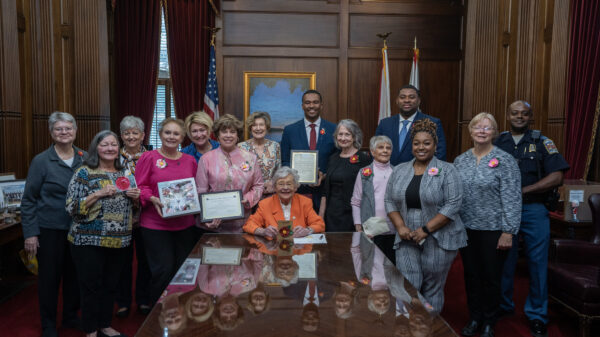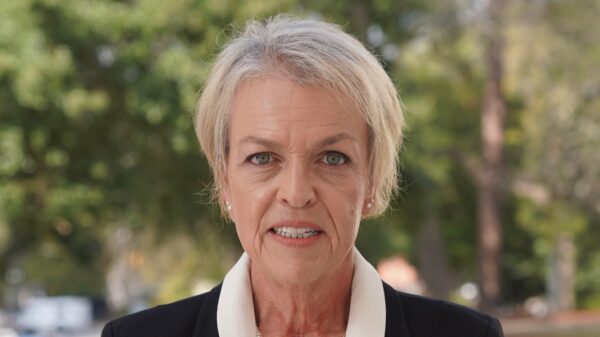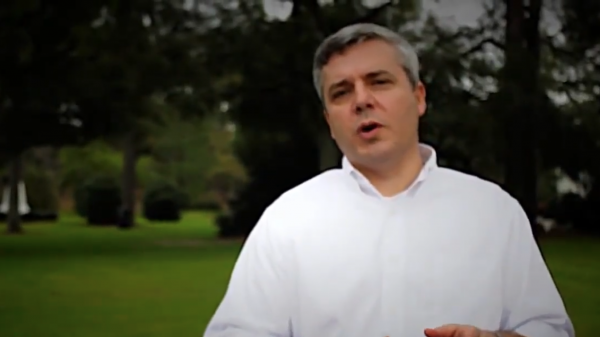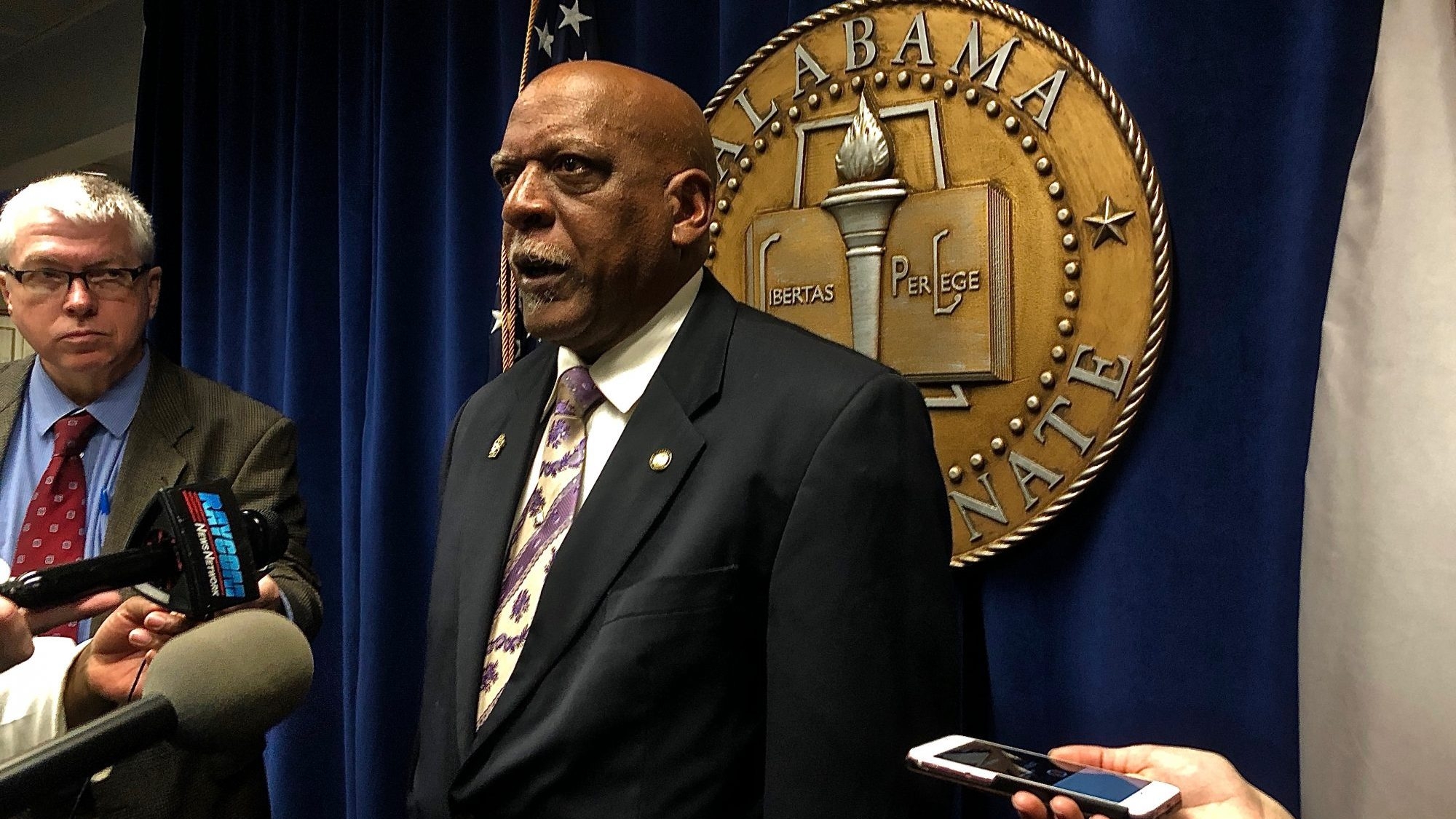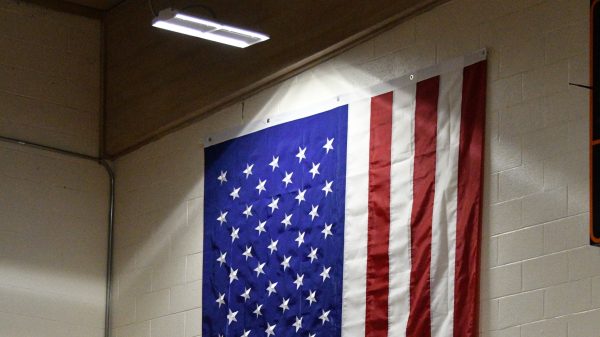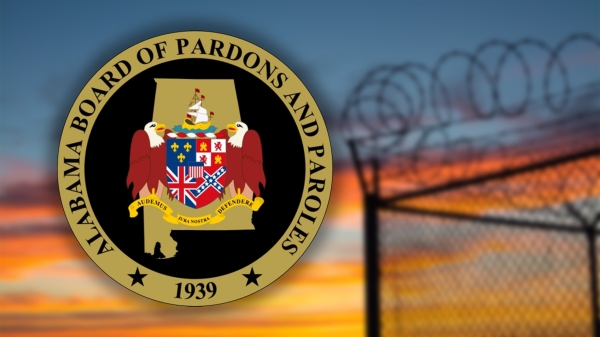Senate Bill 59, or the Personal Privacy Protection Act, would prohibit public agencies from disclosing personal information about members, volunteers, or donors of a 501(c) non-profit organization.
According to the Internal Revenue Code, 26 USC 501, a 501(c) organization is defined as a non-profit organization under federal law that is exempt from taxation.
Under existing law, there is no statute preventing public agencies from sharing the personal information of citizens defined as members, volunteers, or donors. Sen. Rodger Smitherman, the sponsor of the bill, said his goal is to protect the privacy of citizens.
“I think that it’s necessary to make sure peoples’ information is not disseminated to any and everybody where it is not necessary,” Smitherman told APR. “That’s the purpose, to maintain the privacy. And if you saw the amendments, there are exceptions where it is necessary, and we don’t have a problem with that.”
The general counsel for the Forestry Commission, Scott Rouse, presented one amendment and explained how the bill could affect the commission’s ability to keep lists of firefighters during the Senate Judiciary Committee meeting.
“Immediately I thought most people don’t recognize the vast majority of volunteer fire departments in this state are organized as non-profits,” Rouse said. “Two things we have to do as the forestry commission…is we have to maintain rosters of local fire departments… the other is we serve a role of certifying volunteer fire departments.”
There were also two other amendments to the bill. One addressed exceptions for universities and their health-care-related authorities. The last amendment added the word “actual” to damages.
The bill also includes seven instances where the disclosure of information is acceptable, and it would not be deemed unlawful.
Sen. Sam Givhan said he understood the intent behind the bill but felt that the broad language of the proposed law could be a drastic step.

